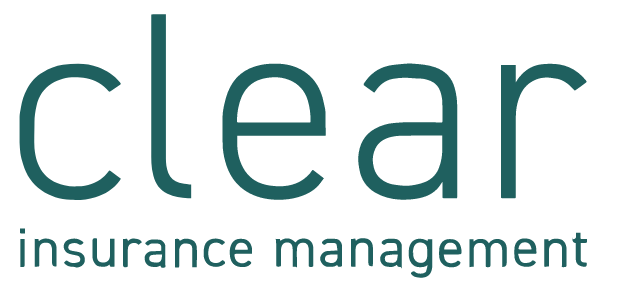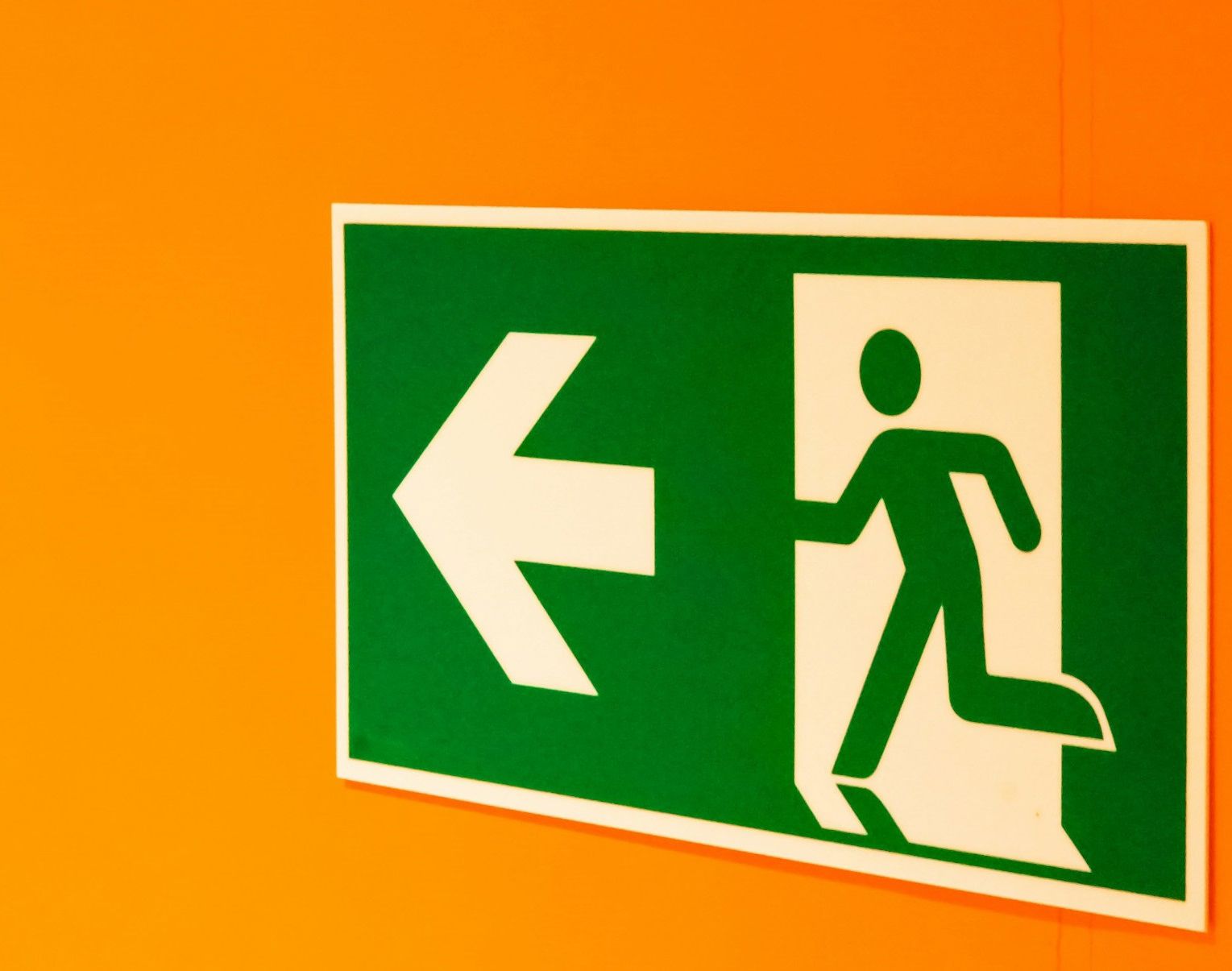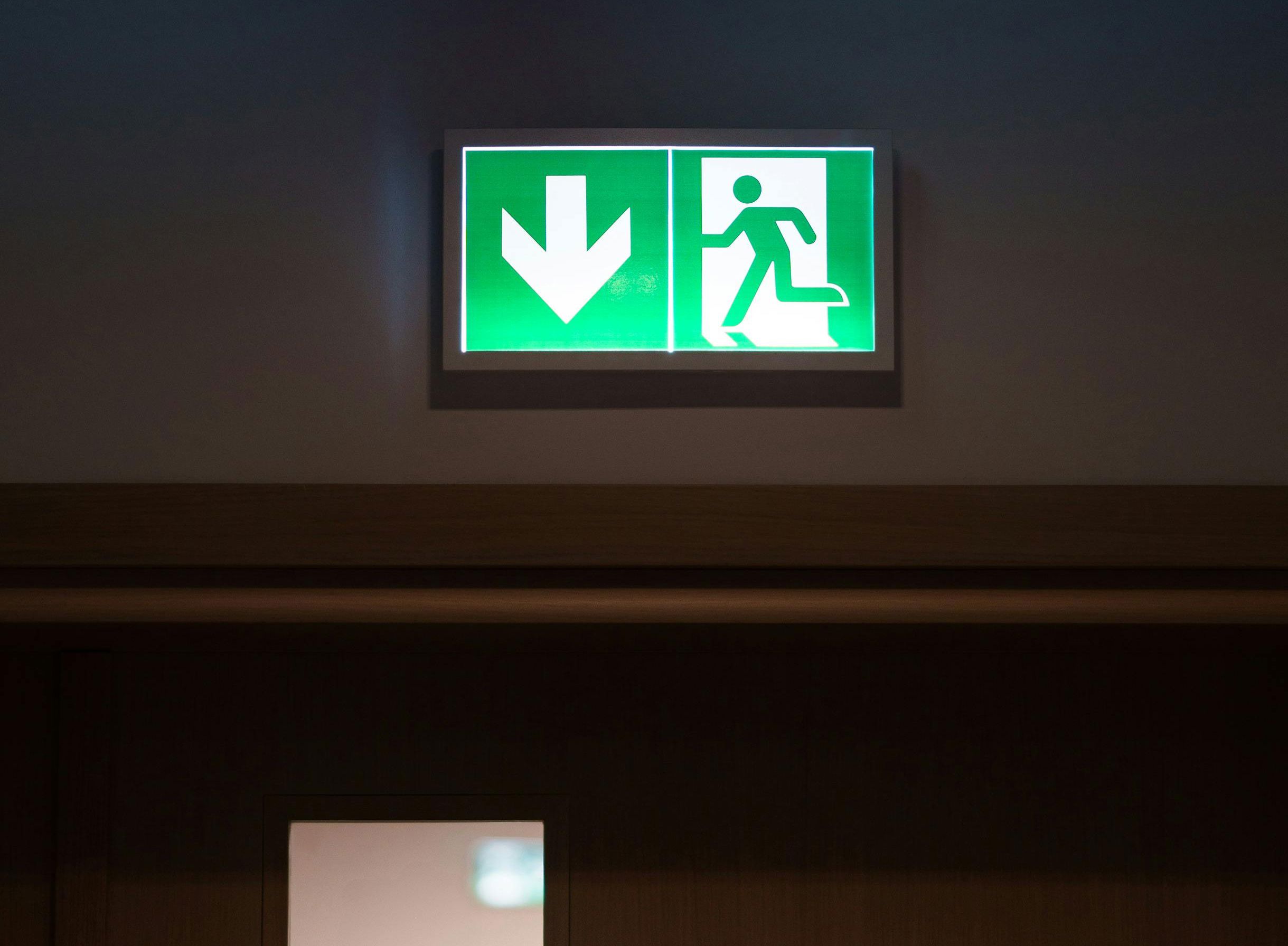As part of our responsibilities as health and safety managers, the guidance HSG65 provides us with four key elements which should be undertaken: Plan, Do, Check and Act.
To ensure we are meeting our obligations we must Check, but what does this entail? In this blog we delve deeper into the ins and outs of 'check', and points to consider.
What does Check mean?
In short, check is the checking or monitoring of the organisation’s health and safety performance. It is about reviewing the progress and seeing if anything can be done better. Measuring the organisation’s performance and undertaking audits to evidence the plans put in place are being implemented.
Why is it important?
Firstly, organisations have a legal duty to maintain health and safety legislation. By checking policies and procedures are being applied, organisations can avoid potential legal issues, which can lead to imprisonment, fines or restrictions on working practices.
More importantly, organisations have a moral obligation to its employees and persons who may be affected by its activities. Anyone attending work should expect to return home safely and well, without suffering injury, be it physically or mentally.
How do we check?
The most common and obvious way is the recording of accidents and ill health. These can be seen as a negative checks as they have already occurred and someone has suffered.
Prevention is better than cure, therefore health and safety practitioners should also conduct more positive proactive checks.
These can be achieved in numerous ways, such as:
- Checking of all fire equipment e.g. fire extinguishers, fire alarm systems and emergency lighting to ensure they are in working order in the event of an emergency.
- Undertaking checks of the premises and documenting any hazards, to ensure they can be remedied.
- Ensure electrical items are tested and checked before use.
Identifying the training needs of employees and providing adequate training. - Monitoring of employees’ health is also important. Employees in contact with asbestos, dust or loud noise can have health checks to ensure the workplace is not affecting their health. The tests will ensure control measures implemented by the organisation are working and sufficient for each individual.
In addition to general checks, it is important to carry out bespoke checks for each organisation relating to their specific individual risk analysis and assessments.
If you require any assistance to ensure you are checking your policies and procedures or require help in initiating a health and safety management system, please do not hesitate to contact Clear Risk Management.






